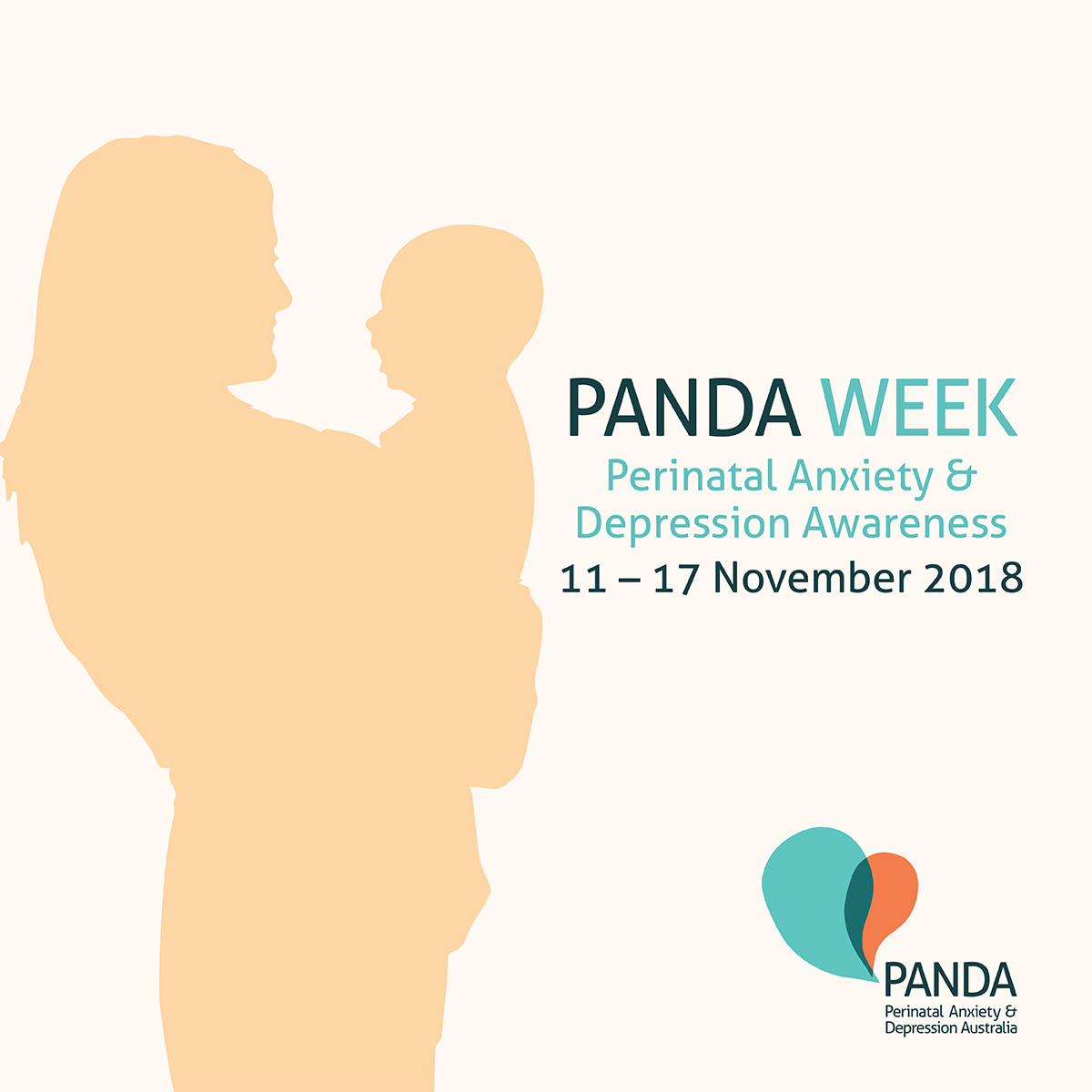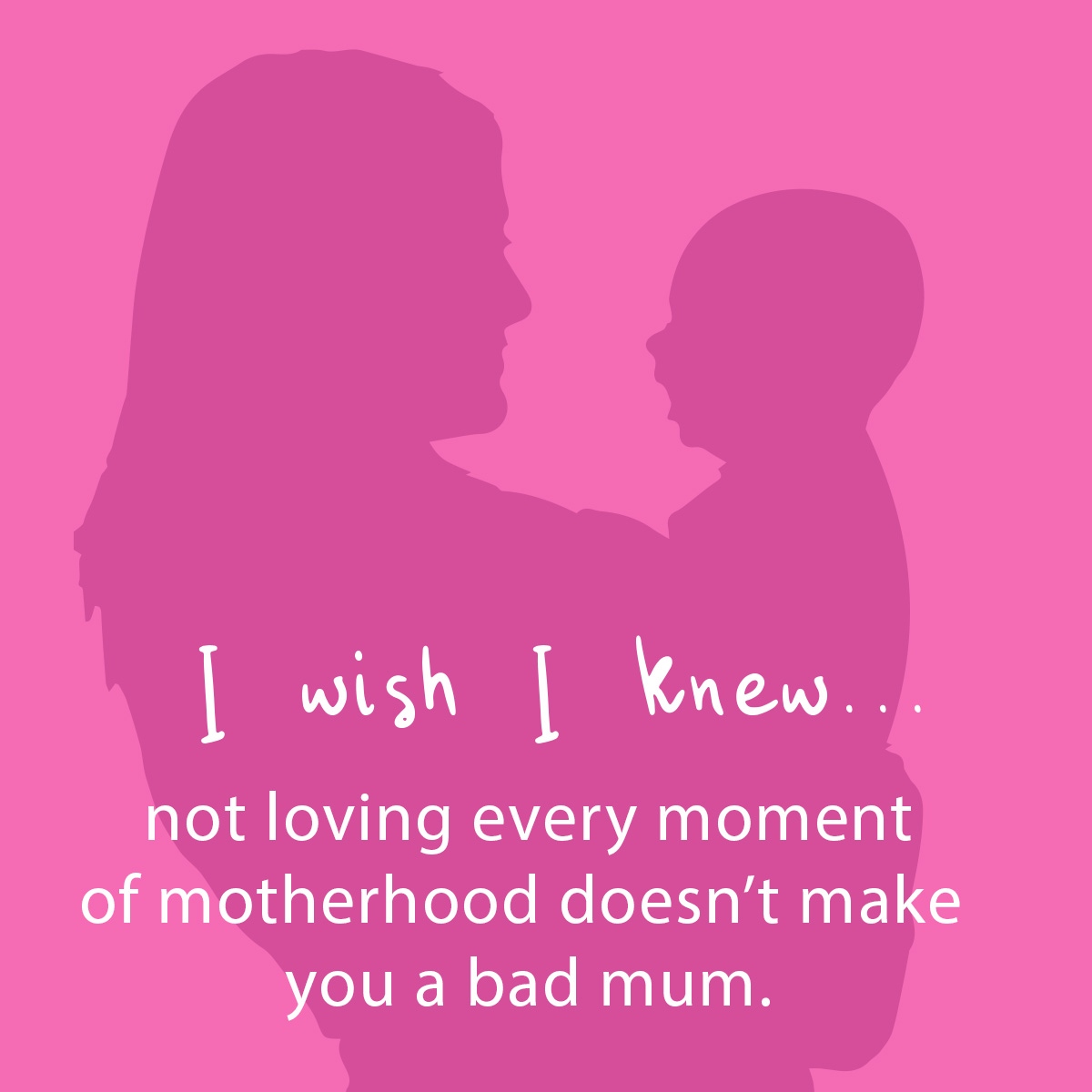I wish I knew
The hidden pain of Perinatal Anxiety and Depression

Becoming a new parent brings many unexpected challenges. Even if you already have one child or multiple children, each baby you bring home comes a new set of family dynamics.
Overnight, you become responsible for a tiny little being who is completely dependent on you for every need. The adjustment is particularly tough for some, with 100,000 families across Australia affected by Perinatal Anxiety and Depression. However, even if it doesn’t reach that extreme, at some point every new parent feels they could or should be coping better.
Perinatal Anxiety and Depression are temporary conditions that affect up to 1 in 5 women and 1 in 10 men - that’s right, new fathers can experience this as well. Many new parents will experience both anxiety and depression at the same time. It is worth mentioning that this is different to the ‘baby blues’ (teariness, anxiety and/or irritability experienced within the first 5-10 days after birth). The feelings of anxiety and depression often blind-side parents, who are already tired and perhaps feeling a little out of their depth. As you are so focused on your little one, depression and anxiety can sneak up on you and take some time to recover from. It helps to be informed.
In today’s society, we often set ourselves high expectations as parents, trying to reach an ideal that really no-one is able to achieve. It is important to recognise that this desire to do a good job often comes from a good place - from our love for our child and wanting the best for them. s a new parent, we often tell everyone around us, and ourselves, that everything is OK. That we are coping, even when we are not. This video explains it powerfully.
 When I had my daughter, I found myself in the position of being socially isolated and having no personal income for the first time since I was 15. I had previously been in a position of responsibility, working in a role I was highly experience in and confident carrying out.
When I had my daughter, I found myself in the position of being socially isolated and having no personal income for the first time since I was 15. I had previously been in a position of responsibility, working in a role I was highly experience in and confident carrying out.
The financial reliance on my partner had a bigger impact on me than I expected, making me feel guilty or having to justify the least amount of spending. I also missed working - having people around me all the time, feeling confident in my decisions and actions - and being able to just catch up with friends whenever I wanted.
Compounding this was the fact that I would set out to do something as simple as tidy the house and still wouldn’t have achieved this simple goal by the end of the day. This left me emotionally and physically drained. As time passed, I worked out how to go out with my young daughter, how to work-in other social activities, and get past the guilt of spending money. Sleep remained an issue though, as did some of the frustration of not being able to complete tasks. I felt as though I was constantly chasing my tail with housework.
The regular interruption of sleep in particular caused significant anxiety as the weeks and months went on and well-meaning friends and family stepped in with advice. I had done my research and many of the sleep training methods recommended did not sit well with me for various reasons.
It took until my daughter was around 8 months old till I sought help for my anxiety. Initially I felt that the maternal health nurse didn’t hear what I was saying, but my husband, naturopath and a close friend encouraged me to persevere, to see my GP and a different health nurse to ensure I was able to get the support I needed. With this and some nutritional and herbal support, it was amazing to see the difference in my whole outlook, and my confidence. I didn’t even know what support was available - it comes in all forms to suit all sorts of people’s needs.
Having my second child I am much more acutely aware of how I am feeling, of some of the early indicators and ensuring these are addressed early on. I am more aware, but less obsessive, about my diet and the nutrients I know I need to maintain my physical and mental health. While it’s only early days, and parenting two children is definitely different to parenting one, I feel much better positioned to cope, and know where to turn if I am not coping. You can read others stories to get an idea of the depth and breadth of this issue on the PANDA website .
If you, or someone close to you is exhibiting any of the following signs indicating depression or anxiety, please seek help.
- Persistent fears or worry about the general health or wellbeing of the baby
- Panic attacks, feeling panicky
- Development of obsessive behaviours
- Having lost interest in activities or daily life that would normally be enjoyed
- Withdrawal from family and friends
- Engaging in risky behaviour eg drugs, alcohol
- Feelings of self-harm or of harming others, death or suicide
- Being unable to sleep (when given the opportunity)
You (or they) may also like to fill out this short checklist from PANDA. While it may be difficult to share these feelings, it is important to talk to someone about them. Help comes in many forms:
- Your healthcare professional - your GP can put a mental health plan in place if that is required.
- Your Maternal Child Health Nurse can access various support services such as perinatal anxiety and depression support groups, play groups, volunteer supporters in your home, mother and baby unit referrals etc.
- PANDA support line 1300 726 306 9am – 7.30pm Mon – Fri
- Australian Breastfeeding Association support line 1800 686 268
For information and support specifically tailored to your needs, book an appointment today